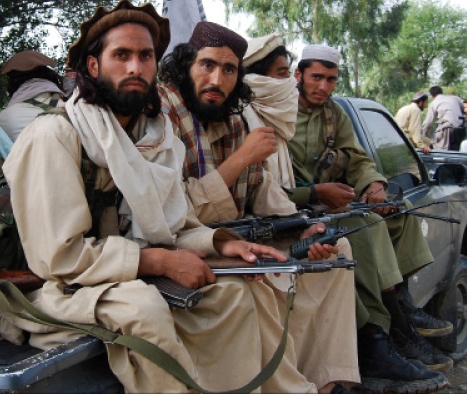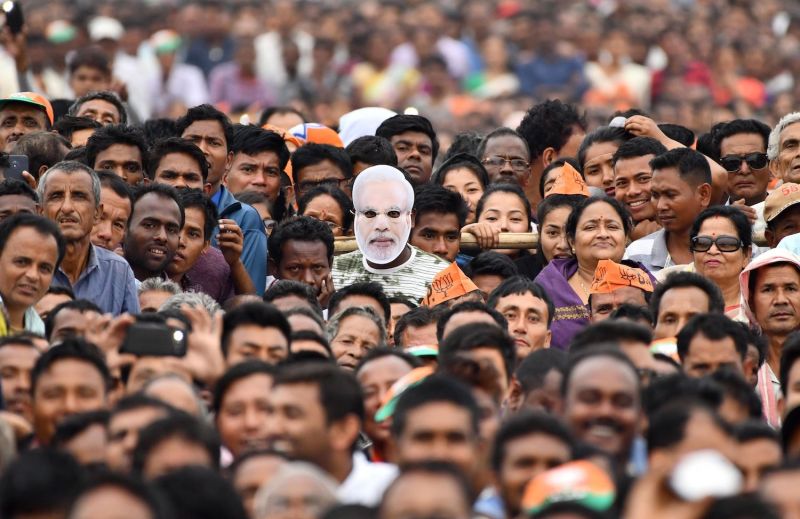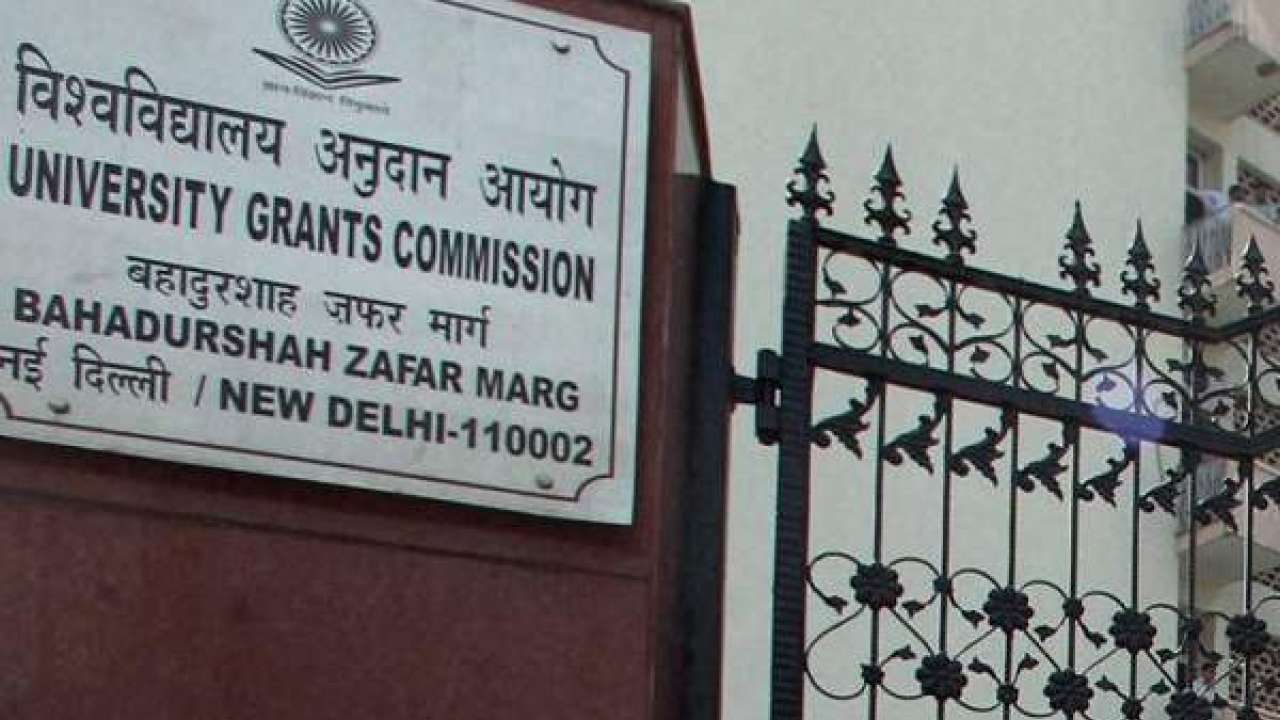Historically, what great universities across the world have given us goes beyond volumes of excellently articulated, hard-paper bound body of works, placed on book racks that need occasional dusting. What universities have been known to provide is more than spaces of learning and exchange of ideas. If there is any truth to these notions, then it would make sense that the very term ‘university’ has derivative roots in Universitas meaning “whole” in Latin. However, in the wake of current situation where ongoing debates are more about the existential question of these spaces and lesser about their relevance in the human society, can we still understand the alliance between students, Universities and progressive politics in democracies in the same fervour as we always have? Can the student still be considered as relevant political category?
Often student politics and movements are seen as non institutionalised forms of political behaviour. Naivety and radicalism are the common associations that one observes in context of student demonstrations and their ways of registering dissent. Lack of understanding of structural realities of the system and inadequate appraisal of the material politics are some rhetorical critiques of the whole idea of having the student as part of the political process. The West saw a vibrant form of student activism in the 1960s and the 1970s. It had origins in the civil rights protests that began in the United States in the 1950s and the anti-war demonstrations in Europe. Gradually, the movements in the both western continents adopted a wider range of new concerns that included the second wave feminist issues, environmentalism, and global justice. Student activism is significantly remembered for its contribution in generating an anti-imperialist discourse during the military invasion of Vietnam. The organisation of Students for a Democratic Society (SDS) at the University of Michigan and its issuing of the famous Port Huron Statement created a critical opinion of the US foreign policy and the undermining of public’s trust by the administration. The late 60s also witnessed series of students strikes in the oldest University in Argentina, the National University of Córdoba that put forth a political confrontation to the then practices of the then military regime, suspension of the universities’ statutes of autonomy and privatization of certain spaces like the university cafeteria. These events of activism which traced their origins to the 1918 University Reform Movement in the same place, also later drew strength from the working class and women’s groups. In France, the year 1968 was marked by the revolt of angry Parisian students who were eventually joined by a general strike involving some 10 million workers. These protests initially began as against the arrests of students in the Nanterre campus of University of Paris. Many identified this wave as symbolising the youth’s despair, frustration and alienation with the system and culture. Eric Hobsbawm once even commented that the end of the 60s felt like the world had come to be “global” for the first time and was experiencing the start of a tradition of “revolutionary internationalism”.
In case of India, the political consciousness of students goes back in history as early as 1920, when the emerging anticolonial sentiment became an important catalyst in shaping their activism. The same year also saw the first annual All India Student Conference that facilitated political coordination amongst student activists. Students played a significant role in the revolutionary movements as well as struggles like the ‘Quit India movement’.
The post independence period in India had a spectrum of student organisations with varied ideological affiliations. It can also arguably said that while the pre independence student activism rose out of the existing socio-political conditions at the time, the post independence India experienced a limited scale of student politics outside the campus. Through the later decades that experienced privatisation of services and neo-liberalisation of the economy, education in India also underwent evolving alteration. One could see a considerable promotion of the notion that students should not be political and must only contribute to the process of nation building. Critical discourses surrounding caste, class, race and gender today remain limited to only certain University campuses. If we bring back the question as to how relevant is the student as a political category today or how relevant she must be, we cannot pretend as if we don’t see the present socio-political conditions in the national as well as international spheres.
We can clearly see a pattern in current times where depoliticisation of civil society and oppressed voices has become a strategy in the hands of the dominant forces. As a process, depoliticisation keeps the people from organising against the structural faults of the system and from exposing the pervasive effects of a market driven economy. In “post truth” era, as we may call it, there is a further homogenising and numbing change in the civil society and it is rather challenging to dissociate genuine politics of resistance from that of cooptation of social justice issues.
In a given situation like this, nothing can represent the dissociation, alienation and frustration from the system better than the student. In a time where the distance between human and the human will to expand its consciousness through learning and critical thinking is lengthened, her very existence poses a living form of resistance. A politically articulate, organised and conscious student represents anger- anger against oppression, global injustice and hegemony,- anger which she developed by means of reading, understanding and analysing the issues from a multitude of perspectives. This anger is innocently political and productive, as it appeals to an idea of utopian society. The anger stands in solidarity with the oppressions taking place across borders and beyond territories. The anger constantly conveys the difference between a right and a privilege; that it is very much possible to look power in the eye and speak directly to it without any intermediaries; that history cannot be silenced through distortion; that education is to be attained and not consumed; and that learning and unlearning cannot be commoditized.
Newer forms of oppression require uniquely newer forms of political resistance, which need to be a blend of the cognitive and the material struggle. Expecting the student to not express her anger would mean to reject the very identity of a student as the part of critical mass in a society. The life of the student is the life of a “mind”. Expecting her not to articulate her anger would mean to not treat her as “mind”.
Radhika Jagtap is a PhD Scholar at the Centre for International Legal Studies, Jawaharlal Nehru University.











